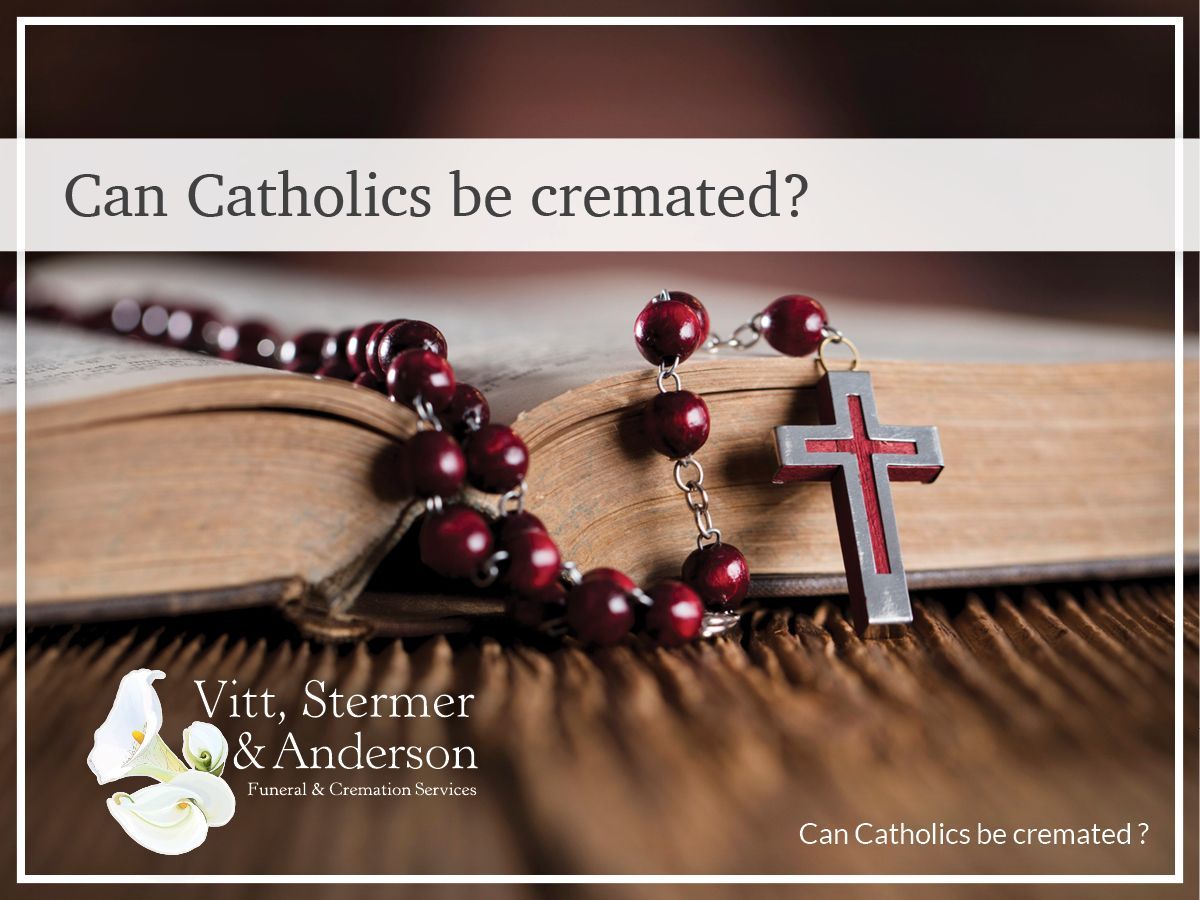Preparing for a Funeral: When Your Loved One Made Funeral Plans in Advance
What to Do When Your Loved One Made Funeral Plans in Advance
1. Talk to your loved one before they pass.
Ideally, you should talk to your loved one about any funeral or disposition plans before they pass. You can plan your own funeral at any point and age, so your loved one may have planned years in advance, giving you plenty of time to have this conversation. It can feel uncomfortable talking about what happens after someone passes, but this discussion can save you a lot of stress later on.
2. If you didn’t talk to your loved one before they passed, check their medical or legal documents.
If you did not have a conversation about funeral plans before your loved one passed, check their medical or legal documents. There may be notes among them about any preparations they’ve made with a funeral home. You can also talk to your family to see if anyone else had conversations about funeral plans. One of your family members may have some documents that can help you.
3. Contact the funeral home your loved one planned with.
Once you know that your loved one had made plans with a funeral home, it’s time to contact the funeral home. Schedule a meeting with the funeral director to discuss what has been planned so far. Most likely, if your loved one preplanned, they will have determined at least what kinds of services they wanted and what their desired final disposition was. However, your loved one may have made additional decisions, such as:
● Whether their service will be public or private
● If they wanted additional services, such as a viewing
● Should they be cremated, what they wanted done with their ashes
● Should they be cremated, did they want a service before or after cremation
● Should they be buried, if they picked a cemetery and burial plot
● Personalization touches, such as a poem they wanted read
Ask your funeral director to walk you through the plans, but also ask what other choices will need to be made. If your loved one didn’t decide upon them, those choices would fall to you as the next of kin.
4. Discuss whether or not your loved one prepaid.
When you preplan a funeral, you’ll have the option to prepay as well. Your loved one may have paid toward their funeral and disposition in several ways, including using pre-need insurance, final expense insurance, a funeral trust, or a payable on death account. A funeral trust or pre-need insurance is set up through the funeral home, while final expense insurance is through an insurance provider. A payable on death account is managed through a bank. Your funeral director can provide more information on which payment methods your loved one chose, though you may have to do additional research through your insurance provider or bank depending on the choices your loved one made.
Your loved one may have paid for their funeral and disposition in full, or they may have paid for certain aspects of them. Check with your funeral director about what’s been covered so far and what still needs to be paid for. If you’re confused about costs, ask to see a General Price List, Casket Price List, and Outer Burial Container Price List, which the funeral home must provide according to the Federal Trade Commission’s Funeral Rule. Ask your funeral director to walk you through the costs on the lists and how they’ll apply to you.
5. Determine if your loved one’s plans need to be transferred.
Occasionally, your loved one’s funeral plans may have to be transferred to a different funeral home. This transition may have to happen because your loved one died in a different place than where they lived or moved after making their funeral plans. Whether or not your loved one’s funeral preparations can change to a new location depends on your state’s laws, but most preplanned funeral arrangements are transferrable. If transferring is necessary, check with the funeral home your loved one worked with to see if moving plans is an option. There’s likely a reason why your loved one chose the funeral home that they did, so it’s a good idea to only make this change if absolutely essential.
6. Work with the funeral home to add additional personal touches to the funeral.
Depending on how much your loved one planned their funeral, you’ll likely have some decisions of your own to make. Talk to your funeral director about ways to add personalized touches to the ceremony and beyond. These decisions may include what music to play, how to display cherished photos and other items, how to show a memorial slideshow, and many more ways to make a funeral customized to your loved one. Your funeral director has years of experience tailoring funerals to unique individuals, so open up about what made your loved one special and what brought them joy in life. Share ideas, and ask for advice on how to incorporate who your loved one was in their funeral.
Your loved one gave you a gift by preplanning their funeral. You essentially have a blueprint for what your loved one wanted in their funeral and final disposition. That blueprint can guide you through their final wishes. But you’ll still have other decisions to make yourself, so be sure to establish clear communication with your funeral director, who can help guide you through what comes next when you put your loved one’s plans into effect.












